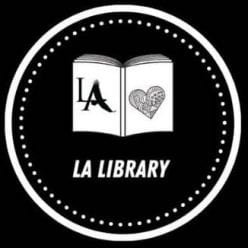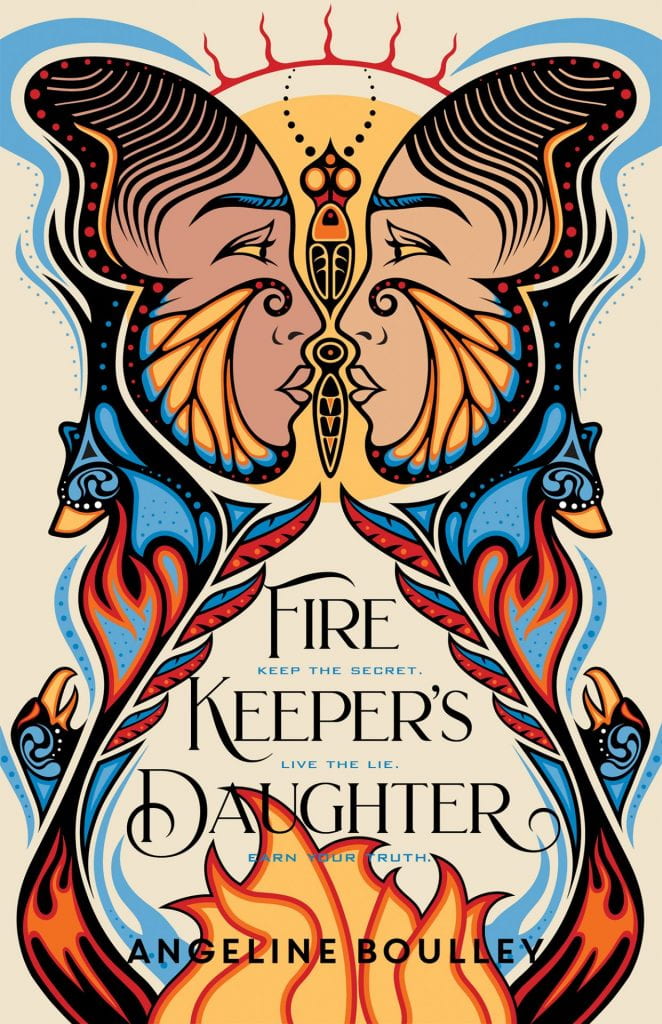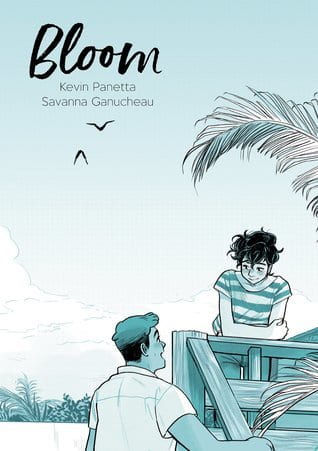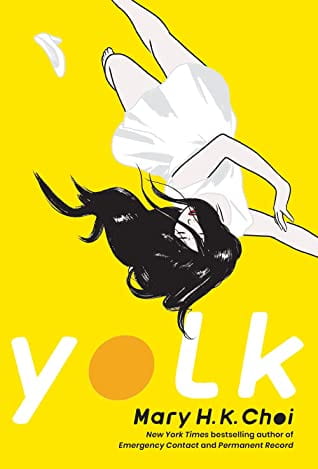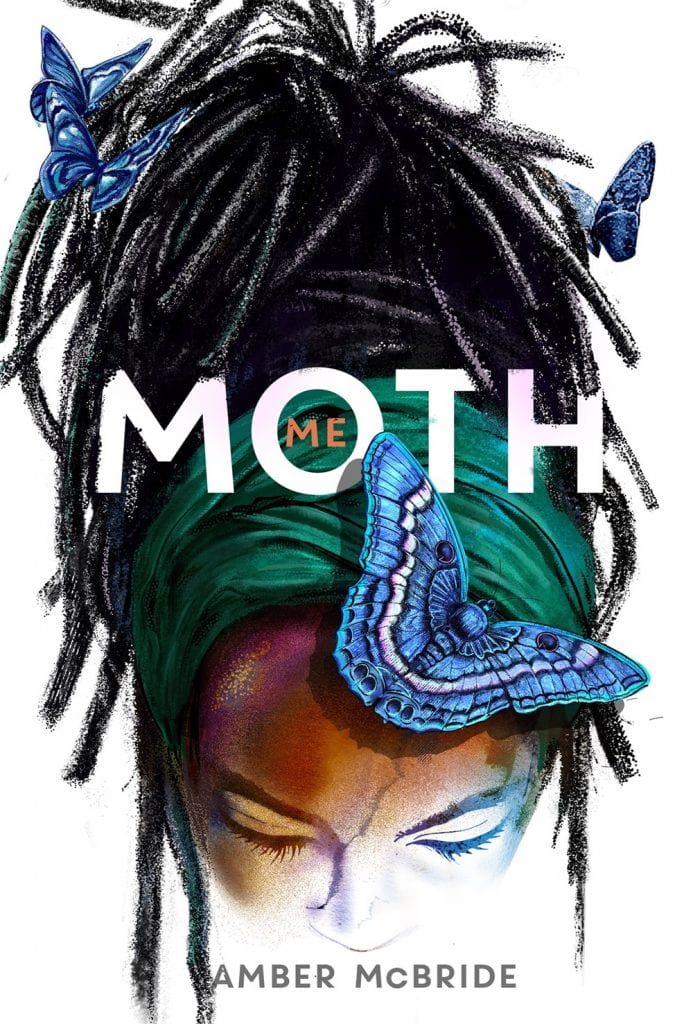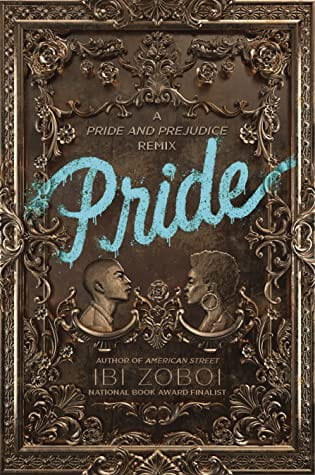
“Hope was a dangerous, disquieting thing, but he thought perhaps he liked it.”
This book was, objectively, awful.
Neil Josten, a mysterious kid with an even more mysterious past, gets recruited to the Palmetto State University Exy (a made up sport somewhat similar to lacrosse?) team after being on the run since his mother died. His teammates are violent and kind of just questionable people all around, and on top of all that, there’s an underlying plot surrounding crime, which Neil and his teammates seem to be caught in the middle of.
The Foxhole Court left me with an extraordinary amount of questions and just general confusion surrounding, well, everything. But I will acknowledge that this is simply the first book in the series, and I was bound to be left wanting more. I think part of my confusion is because of how secret Neil’s backstory is and how, while he’s the narrator, we as the audience know barely anything about him, and everything we learn about everyone else comes from him—who is an overwhelmingly unreliable narrator.
This book actually reminded me quite a bit of fanfiction in that it leaves out significant details regarding the general plot while possessing the air that the audience already knows what’s going on. I also felt it was similar in the same way that it didn’t feel like an actual book, more so someone’s interesting but unnecessary additions. I felt like I was waiting for the action to begin and for the inciting incident to arise for the majority of the book, and unless I’m mistaken, it doesn’t seem to happen until the second to last chapter.
But despite all of that, I actually really enjoyed reading this book. As the story moved along, I grew significantly more attached to the incredibly flawed characters that make up the Exy team, and loved to see the evolution of their relationships together as Neil became closer to them. And while the plot of the story seemed lacking and also confusing, there was enough to keep me intrigued, and the confusion honestly just made me want to read more.
Because The Foxhole Court is only the first book in the series, I can’t say for certain whether or not I like or even recommend it yet, but I’m anxious to get my hands on the second book, and desperately want to know what happens next. I will preface though by saying that this book absolutely has its problems, including a string of slurs that are spoken multiple times throughout the novel, and excessive violence and drug abuse also throughout the book, and would highly suggest searching up content warnings before reading!
